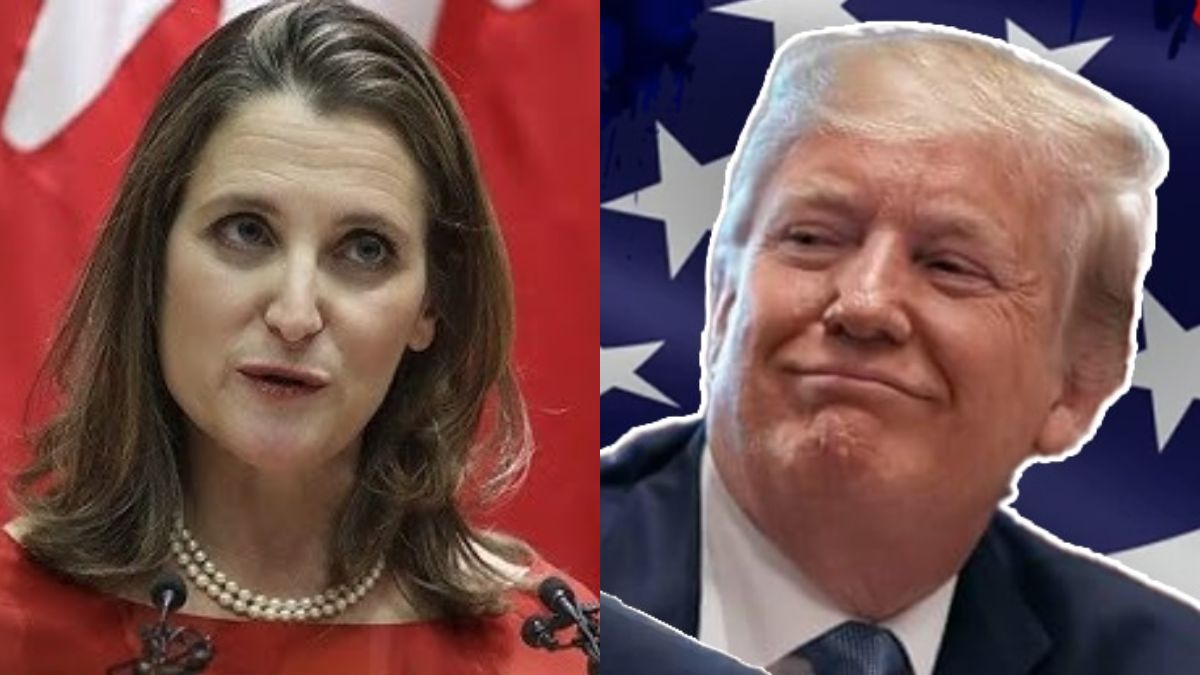The federal government is preparing a multibillion-dollar pandemic-style bailout for workers and businesses if US President Donald Trump moves forward with his threat to impose 25% tariffs on Canadian goods as soon as February 1, the Globe and Mail quoted two sources as saying.
Some measures like waiving the one-week waiting period for employment insurance benefits, do not require parliamentary approval. However, most of the potential spending on new programs to support laid-off workers and businesses affected by the tariffs will need legislative approval which could not happen until Parliament reconvenes on March 24.
The aid package could be ready to launch when Parliament resumes, but it would require cooperation from opposition parties, who would need to delay their intention to bring down the minority Liberal government until the relief legislation is passed, the source said.
The Conservatives, Bloc Québécois, and NDP have all expressed their plans to defeat the Liberal government at the earliest opportunity.
No discussions with opposition parties have taken place yet, they said.
When COVID-19 hit in 2020, the government rolled out an $82-billion aid package, which included income support, wage subsidies, and tax deferrals. Of that, $27 billion went directly to workers, while another $55 billion helped businesses with liquidity through tax deferrals.
Trump has said he will use economic coercion to pressure Canada to become the nation’s 51st state. He continues to erroneously cast the U.S. trade deficit with Canada — a natural resource-rich nation that provides the U.S. with commodities like oil — as a subsidy.
Impact Shorts
More ShortsJohn Ries, senior associate dean at the University of British Columbia Sauder School of Business told AP that Canada should retaliate against any tariffs but warned against publicizing a list in advance, citing the risk of antagonizing Trump — and making it harder for him to back off on his threats.
“He always wants to win,” said Ries. “He doesn’t want to show any weakness.”
Chrystia Freeland, the former finance minister who is running to replace Justin Trudeau as Canada’s prime minister, said Monday that if she wins the leadership race and become prime minister she would also prohibit American companies from bidding on Canadian federal procurement (excluding defense).
She also said she would convene an international summit with the leaders of Mexico, Denmark, Panama, and the president of the European Union to “coordinate a joint response to challenges to our sovereignty and our economies.”
Some lawmakers have suggested Canada could stop energy shipments to the United States, a move opposed by Daniele Smith, the premier of Canada’s oil-rich province of Alberta.
Former central banker Mark Carney, who is also running for the Liberal leadership, said over the weekend that cutting off Quebec’s hydro exports to the U.S. should remain an option on the table in a trade fight with Trump.
It was Freeland’s abrupt resignation as finance minister last month that forced Trudeau to say he is resigning as prime minister and party leader.
Trudeau is to remain prime minister until a new Liberal Party leader is chosen on March 9.
The next Liberal leader could be the shortest-tenured prime minister in the country’s history. All three opposition parties have vowed to bring down the Liberals’ minority government in a no-confidence vote after parliament resumes on March 24. An election is expected this spring.
With inputs from agencies


)

)
)
)
)
)
)
)
)



